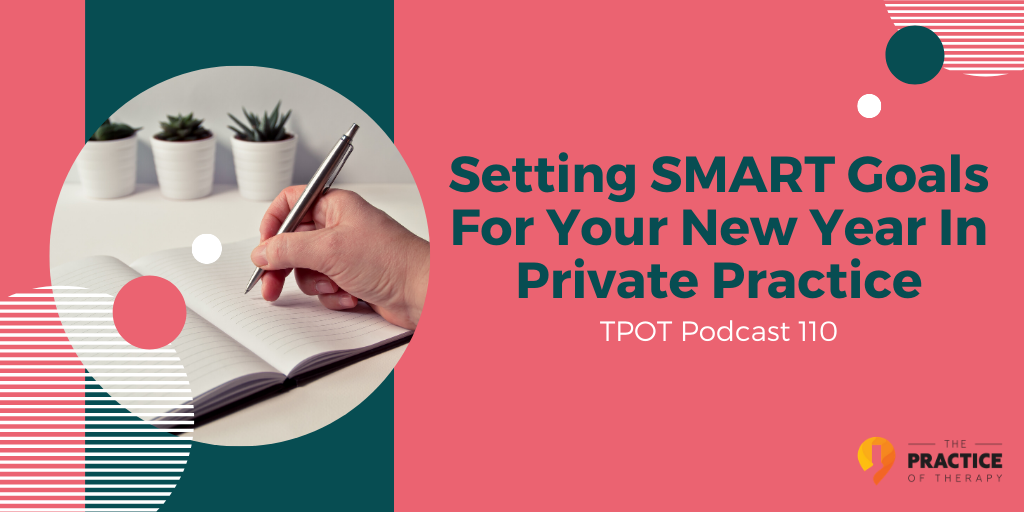
Happy New Year! In this episode, Gordon talks about setting goals, specifically SMART goals. Plus, Gordon reveals some useful tips when thinking about your annual goals. For instance, make sure to write down your goals, look at them often, and reassess your goals each quarter. In order to accomplish your goals, ensure you have the most helpful resources and tools to set yourself up for success.
Writing Down Goals
Currently, Gordon writes down his goals using the Full Focus Planner. You do not necessarily need a planner to write down your annual goals. Gordon started thinking about his goal-setting by writing them down in a blank journal. We have a 40% greater chance of reaching our goals just by writing them down. Think about your goals for the year and write some things out. Gordon says even to write them out using longhand. It causes us to think about things differently. Once you write down your goals, you will need to look back at them throughout the year.
SMART Goals
SMART stands for specific, measurable, attainable, relevant, and time-specific. The goal must state what is to be achieved. When you are setting a goal, make sure it’s not too ambiguous. For instance, if you wanted to lose weight, the goal needs to be a specific number. In private practice, owners wish to achieve the goal of getting more clients. Again, you need a particular number of clients you are hoping to bring in. For instance, you can say you want to get ten new clients each month. When we set goals, they need to be realistic and attainable. A goal is much better if you give yourself a deadline. Think about why you are in private practice. Are your goals going to help produce the lifestyle you want to have for yourself? Get the SMART Goals Worksheet.
Accomplishing Goals
What tools are you going to need to reach your goals? Gordon uses a planner to help him reach his goals. Other tools could be software, automation, or people. Draw on your resources. Gordon switched from contractors to employees – he was able to make that switch by consulting with people. Get feedback from others about your goals. Telling others about your goals will also help keep you accountable.
Keep Yourself On Track
Gordon uses a planner and Google G-Suite to keep him organized. He tracks the number of phone calls and conversions in G-Suite. The more data you have, the better you can measure your goals. Also, we have the ability to change our goals if we need to. Look at your annual goals once a quarter and think about what needs to be replaced. Have a way to track your goals and hold yourself accountable. Another way to stay on track is by taking small steps. Think about the individual actions that you need to take to reach your goals.
Being transparent… Some of the resources below use affiliate links which simply means we receive a commission if you purchase using the links, at no extra cost to you. Thanks for using the links!
Resources
SMART Goals Worksheet
Session Note Helper
Be a Podcast Guest
Cool Resources
Follow @TPOTpodcast on Instagram
Meet Gordon Brewer, MEd, LMFT

L Gordon Brewer, Jr, MEd, LMFT
Gordon is the person behind The Practice of Therapy Podcast & Blog. He is also President and Founder of Kingsport Counseling Associates, PLLC. He is a therapist, consultant, business mentor, trainer, and writer. PLEASE Subscribe to The Practice of Therapy Podcast on iTunes, Stitcher and Google Play. Follow us on Twitter @therapistlearn and Pinterest “Like” us on Facebook

